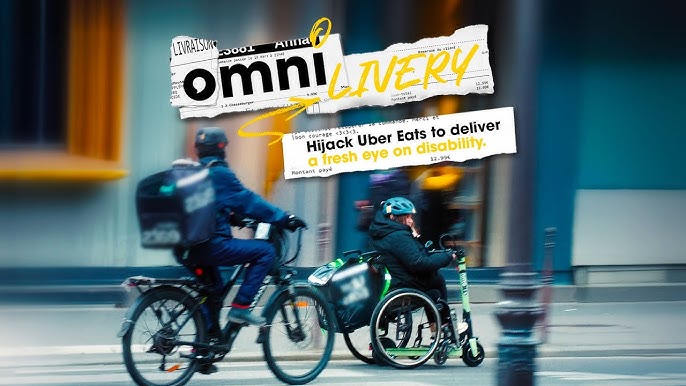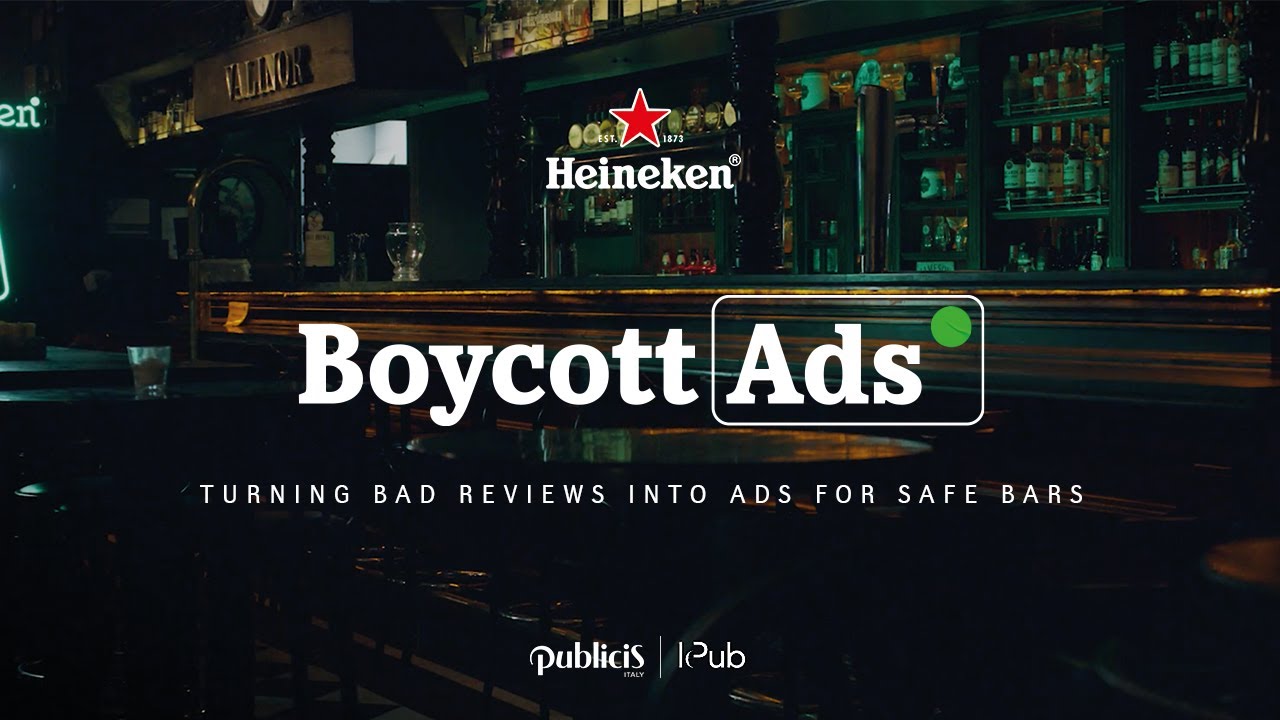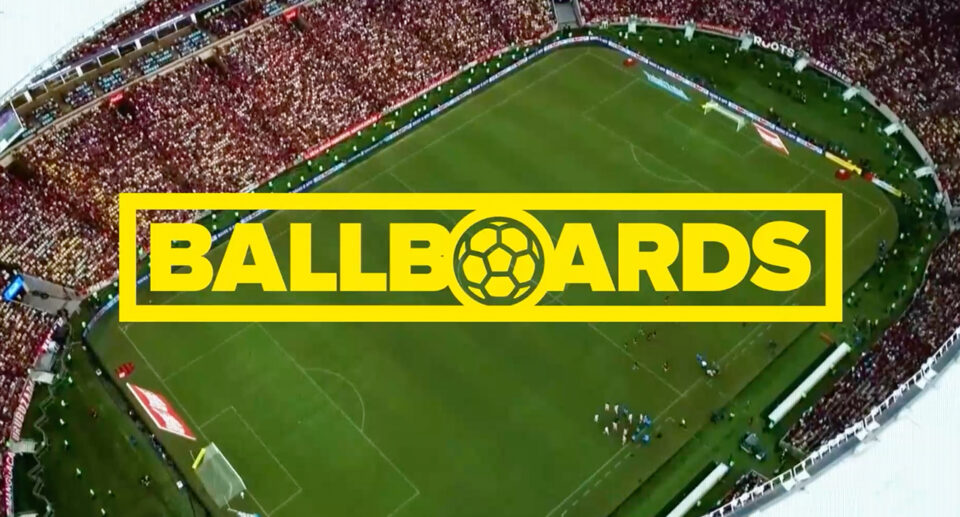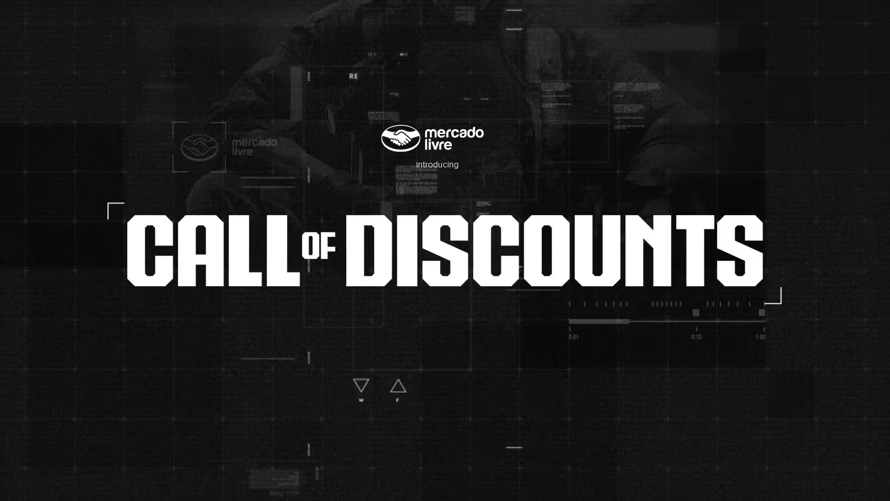The King of Stream
Gueadmin
- August 31, 2025
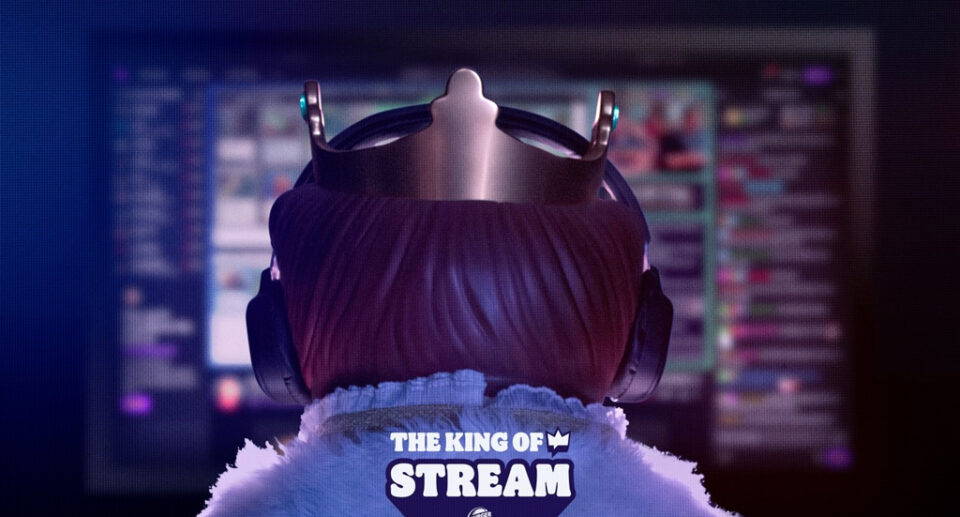
In August 2020, Burger King and DAVID Madrid launched “The King of Stream,” a guerrilla-style campaign that attempted to tap into the massive reach of Twitch, the world’s leading live-streaming platform for gamers. Instead of running traditional ads or sponsoring influencers, Burger King used Twitch’s donation feature to broadcast its message—donating $5 (the price of its value meal) to streamers and inserting promotional copy into the text-to-speech function. The idea was simple: get Burger King’s deals read aloud on popular streams, without paying for formal ad space. What started as a clever hack quickly turned into a heated debate about advertising ethics, creator compensation, and platform boundaries.
Campaign Overview
“The King of Stream” was executed by DAVID Madrid, part of Ogilvy, and launched with a promotional video showcasing streamers reacting to Burger King’s donations. The video highlighted how the brand used Twitch’s text-to-speech feature to insert lines like “Get a Whopper, fries, and a drink for just $5” into live broadcasts. These messages were read aloud by automated bots, often catching streamers off guard. The campaign was positioned as a fun, low-budget way to reach gamers directly, and the reactions—ranging from amused to confused—were edited into a highlight reel that Burger King shared across social media.
Campaign Objective
The campaign’s goal was to reach Twitch’s highly engaged Gen Z and millennial audience in a way that felt native, disruptive, and cost-effective. Burger King wanted to promote its $5 value meal by leveraging the platform’s donation mechanics—where viewers can pay to have messages read aloud during live streams. By donating small amounts and inserting ad copy into the message field, the brand hoped to bypass traditional sponsorship fees and get its deals broadcast to thousands of viewers in real time. It was a bold attempt to turn Twitch’s community-driven tools into a guerrilla marketing channel.
Execution
The campaign’s execution was technically simple but strategically provocative. Burger King’s team identified popular Twitch streamers and donated $5 to their channels, inserting promotional messages into the donation text. These messages were read aloud by the streamers’ text-to-speech bots, effectively turning the donation into a live ad. The brand then recorded the reactions and compiled them into a campaign video. While the tactic was undeniably clever, it sidestepped formal sponsorship agreements and caught many creators off guard. Some streamers appreciated the humor, while others felt exploited—especially since they weren’t consulted or compensated beyond the nominal donation.
Brand Impact
Initially, the campaign generated buzz for its creativity and low-cost disruption. Burger King was praised in some circles for finding a loophole in influencer marketing and reaching audiences in a fresh way. However, the backlash was swift. Many streamers criticized the campaign for using their platforms without consent and for undermining the value of paid sponsorships. Influencers like Ross O’Donovan publicly condemned the tactic, calling it “scummy” and raising concerns about FTC guidelines and Twitch’s terms of service. The controversy sparked broader conversations about ethical advertising in creator spaces, and Burger King’s reputation among the gaming community took a hit.

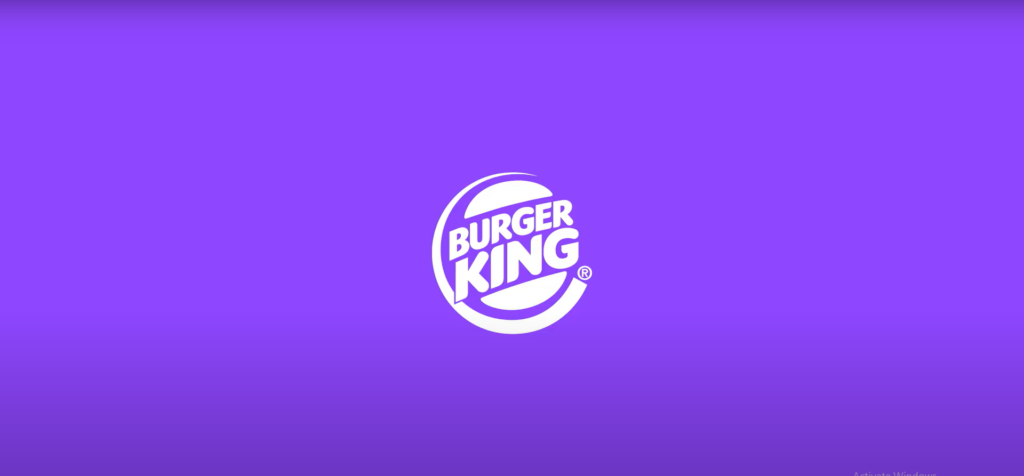
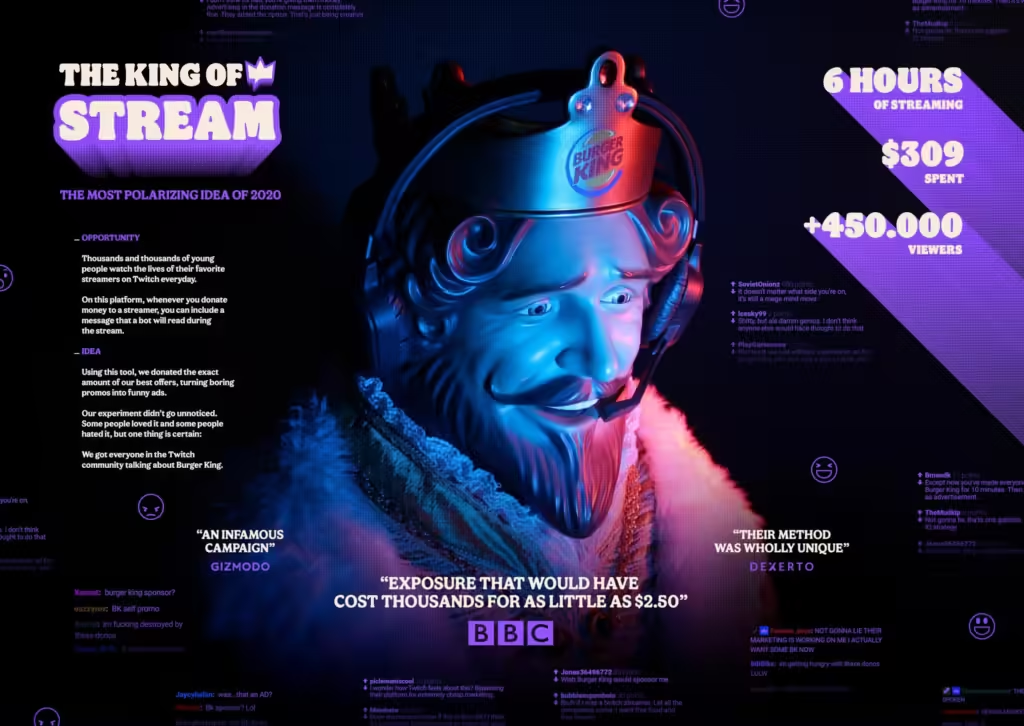
Results
The GamerLoan Campaign delivered outstanding results, driving a 248% increase in loan requests and enabling 7 out of 10 young Ecuadorians to access loans. In its very first week, the campaign saw $282,956 pre-approved, highlighting its strong impact and immediate success.
Lessons Learned
“The King of Stream” offers a critical lesson: just because you can hijack a platform doesn’t mean you should. Small businesses looking to engage with creators must prioritize transparency, consent, and fair compensation. Influencer marketing works best when it’s collaborative, not exploitative. If you’re targeting niche communities—whether gamers, artists, or educators—respect their space and value their voice. Guerrilla tactics can be powerful, but they must be rooted in empathy and ethics to build lasting trust.


